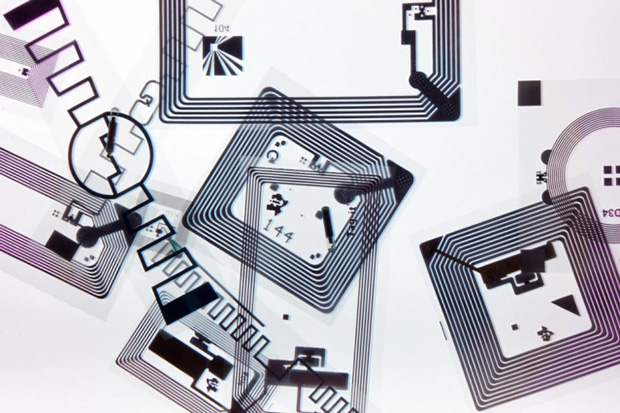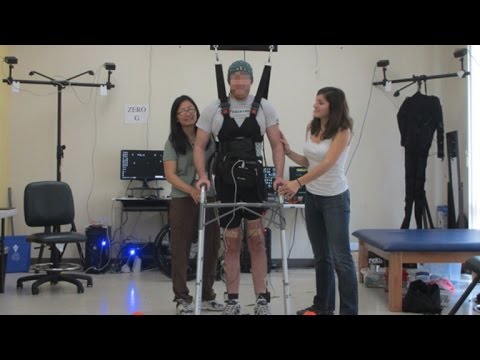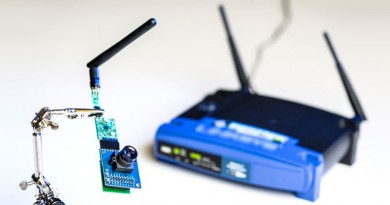‘Fingerprinting’ Chips to Fight Against Counterfeiting
A new technology which can track the random variations in silicon chips has been created at MIT. The unique ‘fingerprints’ have been assigned to them. This can aid in the fight against counterfeiting worldwide.
It is often said that no two human individuals have exact fingerprints. Therefore, it can be often used as evidence by police which link suspects to crime scenes. Silicon chips consist of the same phenomenon. They have microscopic variations caused due to manufacturing processes. They are effective, unpredictable, permanent and impossible to clone. The unclonable variations are being used to fingerprint the silicon chips by MIT spinout Verayo.They are used as consumer-product tags. These can be scanned via mobile devices and authenticated. This helps to aid in the fight against counterfeiting.

The Verayo’s technology is based on Devdas’ seminal research. These are into variations within silicon chips. They are called as ‘Physical Unclonable Functions’. The PUF’s can cause minute speed differences to electrical signals. This technology assigns the chipsets of 128-bit numbers based on speed differences.These are stored in a database in the cloud. Each chip consists a unique 128-bit number for authentication. The chips are scanned by a mobile device or reader to determine their authenticity. More than 40 million chips have been sold since 2013.
Signal variations
In PUF’s the chemical vapor deposition process is used to produce the semiconductor wafers. These semiconductor wafers create microscopic bumps. The electron flow resistance alters depending on these variations. It consists of varying processing speeds.
The PUF technology works through racing signals across the chips. The latch measures the processing speed through the signal race. This measurement is known as ‘Response’. The 128-bit number can be obtained by varying the input signals and repeating the process. It can be repeated hundreds of times. The reader will first identify the tag when it is scanned. Then it gives the random challenge of many which are stored in the database. If the response has more matching bits then it is considered as authentic.
The PUF-enabled circuits are labeled each with a human name, such as ‘Cameron’ and ‘Dennis’. The speed characteristics are stored in the database of their computers. This project earned grant for Devadas from several government grants. This helped Verayo to launch in its headquarters.
Volatile nature
The Verayo technology has many uses such as generating volatile secret keys. These can only be revealed when activated by voltage. The 128-bit number gets generated when the chip powers up. This doesn’t exist when the chip is powered down. This technology has advantages such as flash or erasable programmable read-only memory chips. These can retain hackable data even when switched off. Devadas proposes that market for PUF-technology has a significant growth in recent years.
External Link: Fingerprinting chips to aid in fight against counterfeiting



